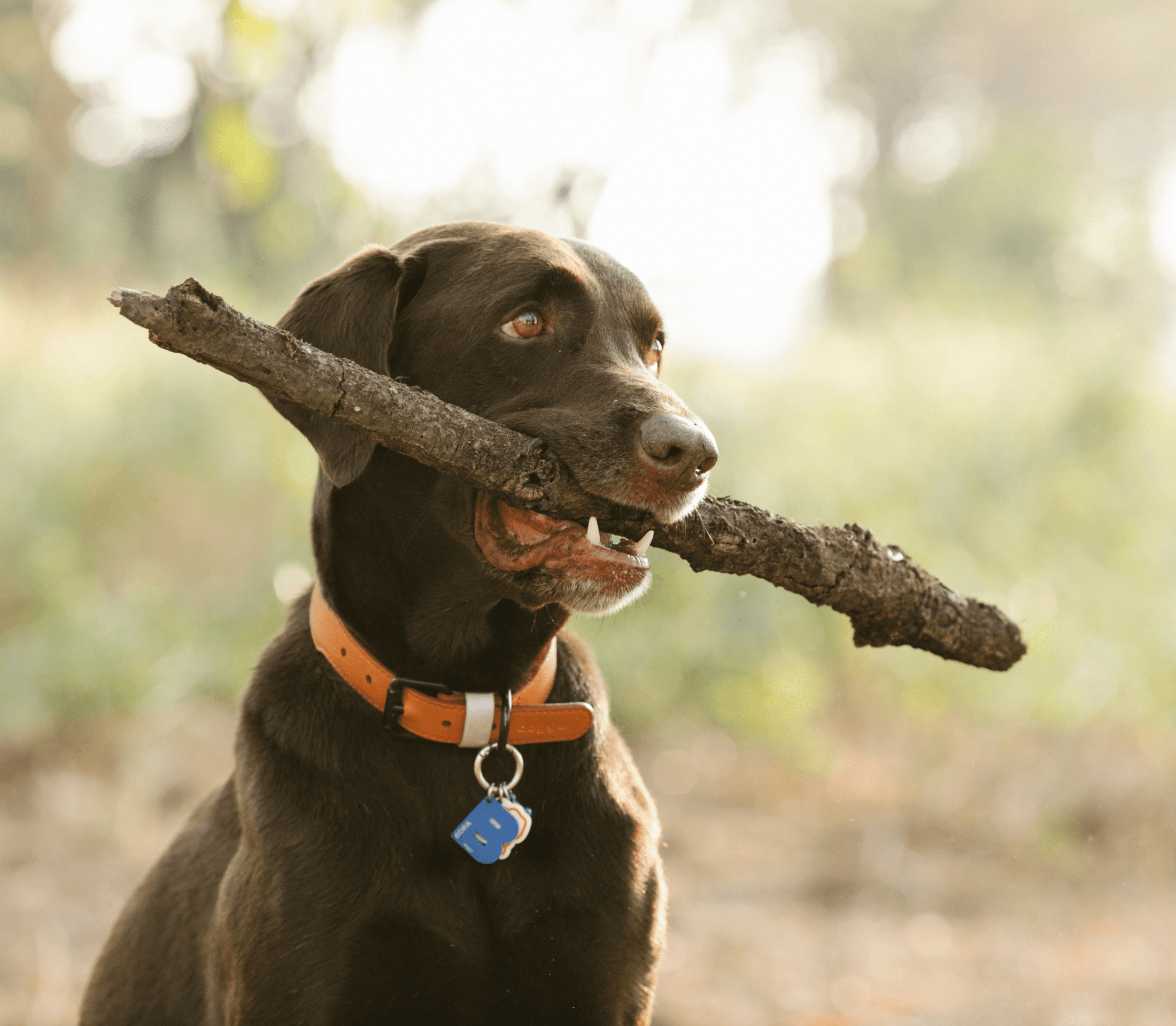Puppy Care Basics
Are you considering adopting a puppy? Perhaps you’ve fallen in love with an adorable pooch. Or, maybe you’ve just decided it’s time to take the leap into doggy ownership. Having a puppy is fun, exciting, and rewarding, but it’s also a lot of work. A Washington DC vet answers some common questions about puppy care below.
How Do I Prepare For My Puppy?
You’ll need to do a few things before bringing Little Fido home. Puppyproofing is a must. This basically entails moving anything and everything that isn’t safe for your furry friend to eat out of paw’s reach. That list includes small or sharp objects, plastic bags, wires, ropes and cords, and toxic plants and products. You’ll also need to pick up necessities, such as toys, treats, food, bedding, dishes, grooming products, and a leash and collar. We also recommend scheduling your canine pal’s first veterinary appointments right away. Don’t be afraid to ask for tips. We’re happy to help!
Can You Take Care Of A Puppy If You Work Full Time?
Many—in fact, possibly most—dog owners have full-time jobs. While there are more people working from home than ever before, there are still plenty of folks who leave their canine pals home alone. Crate training is often suggested as a solution. However, in general, you shouldn’t leave little Fido crated too long: he may begin to consider the crate as punishment. If you can come home to let him out on your lunch break, that may be an option. Otherwise, consider puppyproofing a specific room or area, such as a spare room or den. Keep your pooch confined to that space while you’re out. Provide Little Fido with lots of safe toys, and keep a TV on for him.
How Do I Train My Puppy?
Your four-legged buddy will need quite a bit of training. However, the more work you put in now, the better-behaved Fido will be when he’s grown up. There are several facets to training: housebreaking, crate training, socialization, and, of course, obedience training, as well as just teaching the little guy proper petiquette. However, these things can also be quite fun. There are few things more adorable than watching a cute baby dog look proud of himself for learning to Sit or Lay Down! Be patient, positive, and consistent, and focus on one thing at a time.
Please contact us, your Washington DC pet clinic, for all your puppy’s veterinary care needs. We’re here for you!



